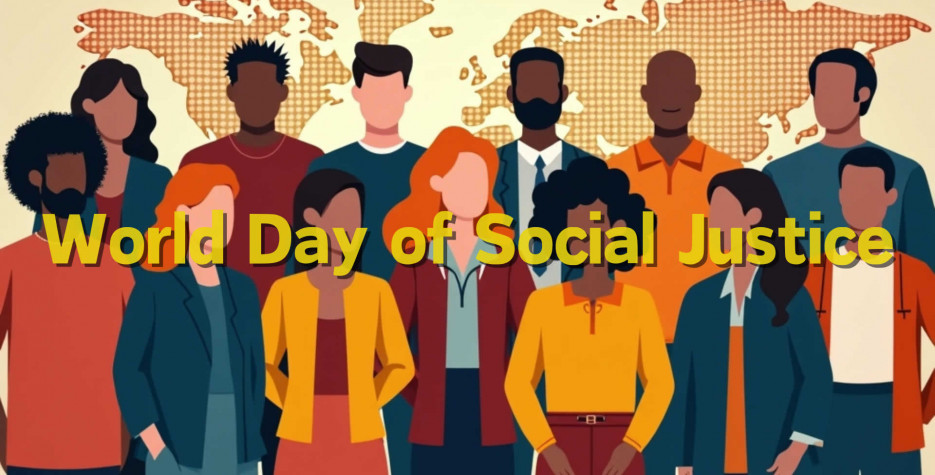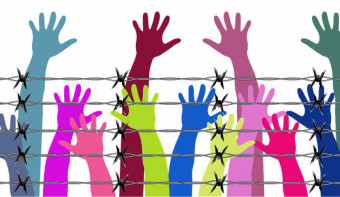About World Day of Social Justice
Every year on February 20th, the world observes World Day of Social Justice, an initiative by the United Nations (UN) to promote social justice, equity, and human rights. This day serves as a call to action to eliminate poverty, discrimination, and social inequalities that hinder human progress and development.
The Significance of World Day of Social Justice
Social justice is a fundamental principle for peaceful and prosperous coexistence within and among nations. It ensures fair distribution of wealth, opportunities, and privileges within a society. The observance of this day highlights the need to remove barriers faced by people due to gender, race, ethnicity, religion, disability, and socioeconomic status.
In 2007, the UN General Assembly declared February 20th as World Day of Social Justice, recognizing that social justice is essential to achieving global peace and sustainable development. The day provides a platform for governments, organizations, and individuals to address issues related to unemployment, social exclusion, and poverty.
Themes and Global Challenges
Each year, the UN chooses a specific theme that reflects pressing global social justice issues. These themes have covered topics such as reducing inequalities in wages, promoting decent work, ensuring universal access to education, and strengthening social protection systems.
Despite progress in many areas, global challenges persist. The COVID-19 pandemic exposed and widened existing social inequalities, disproportionately affecting marginalized communities. Climate change, technological advancements, and economic disparities further complicate the pursuit of social justice, requiring coordinated global efforts to address these challenges.
The Role of Governments and Organizations
Governments play a crucial role in fostering social justice through policies that ensure equal rights and opportunities for all citizens. Legislation on fair wages, labor rights, gender equality, and social protection programs are essential in building inclusive societies.
International organizations, including the International Labour Organization (ILO) and the United Nations Development Programme (UNDP), work to advance social justice by supporting employment programs, education initiatives, and anti-discrimination campaigns. Civil society organizations also contribute by advocating for human rights and providing support to vulnerable communities.
How Individuals Can Contribute
Social justice is not just the responsibility of governments and organizations—it is also a collective effort that individuals can participate in. Here are some ways people can contribute:
Raise Awareness: Educate yourself and others about social justice issues through discussions, social media, and community events.
Support Ethical Practices: Choose businesses that follow fair trade and ethical labor practices.
Volunteer and Advocate: Engage in volunteer work or support non-profits working towards social justice causes.
Encourage Inclusive Policies: Participate in policymaking by voting and advocating for equitable policies in your community.
World Day of Social Justice is a reminder of the importance of building fair and inclusive societies. While significant strides have been made, there is still work to be done in eliminating injustices and inequalities worldwide. By raising awareness and taking action at the local and global levels, we can move closer to a world where social justice is a reality for all.
- Did you know? Over 60 per cent of all workers lack any kind of employment contract.
On November 26th 2007, the General Assembly declared that starting from the sixty-third session of the General Assembly, February 20th will be celebrated annually as the World Day of Social Justice.
Find out moreSimilar Observances
International Day for the Elimination of Racial Discrimination
Read More
Right to Truth Day
Read More









